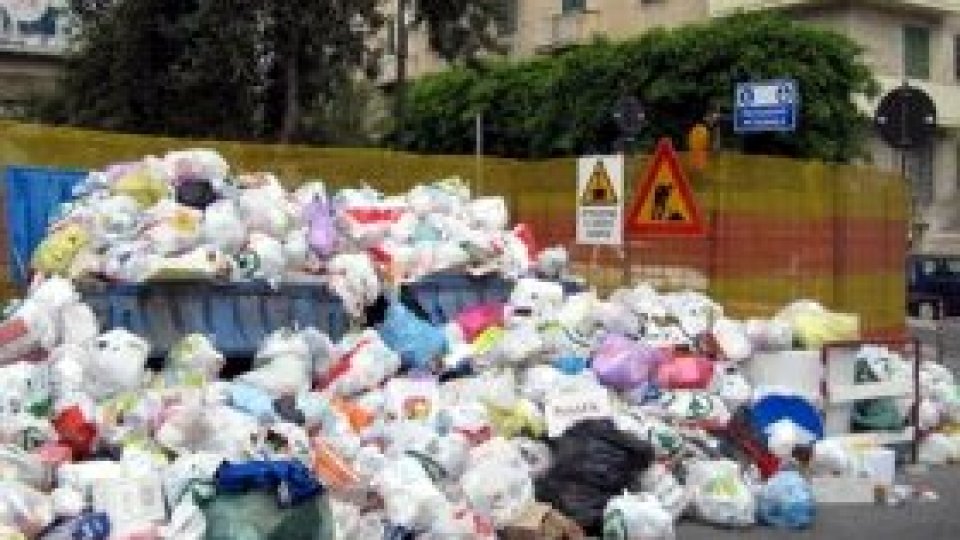Waste collection in Romania, at a rate of about 7 percent
The participants at a conference on sanitation point out that the rate of waste collection and the selection recycling rate are far from European standards.

Articol de Oana Rusu, 26 Iunie 2013, 13:45
Waste collection in Romania is made up approximately 70 percent, which is considered worrisome by experts in the field.
Moreover, neither the recycling rate is too close to European standards, of 12 percent, while the Romanians do not have the culture of recycling.
These are some of the conclusions of a conference on Romanian sanitation in the European context, organized in Bucharest.
There are areas in the country where there are no sanitation services and people do not actually have anything to do with their household waste.
On the other hand, on this 70 percent of the surface covered with these collection service Romanian people do not select, there are very few houses where there are special containers for the selection of glass, paper, plastic bottles and other household waste.
Therefore, we need information campaigns, public education campaigns, which must select these wastes that are produced in every home.
Other issues were mentioned at this conference, but these matters could be able to find a solution in the future change the law 101/2006 of the sanitation service.
This law will contain several provisions to support sanitation operators, such as, for example, the obligation of local authorities to collect a fee for these services and to sanction those who do not pay.
Standards for participants in auctions
Also, some conditions will be imposed for the participants to meet at the custody auctions sanitation services, such as, for example, the obligation to take all the necessary equipment and to avoid the common phenomenon of subcontracting immediately after winning an auction.
Also, it will be mentioned the relationship with individuals, I mean those individuals looking through dumpsters and garbage haunt.
This action is intended to be called violation from now on and punishable and these individuals actually can no longer collect plastic bottles, in particular, that they carry to recycling and receive money.
By 2020 our target of collecting, of sorting waste is 50 percent.
This is the target imposed by the European Commission and is difficult to achieve as things evolve at this moment, said Elena Dumitru, State Secretary, representative of Ministry of Environment.
Therefore, one of the solutions which could lead to an increase in the percentage of waste collection would be such as selected sorting stations.
Population will still have to select the waste they produce in the house, in at least two containers, which then go to the sorting stations and then to the recycling.
Translated by Alexandra-Diana Mircea
MTTLC, Bucharest University














